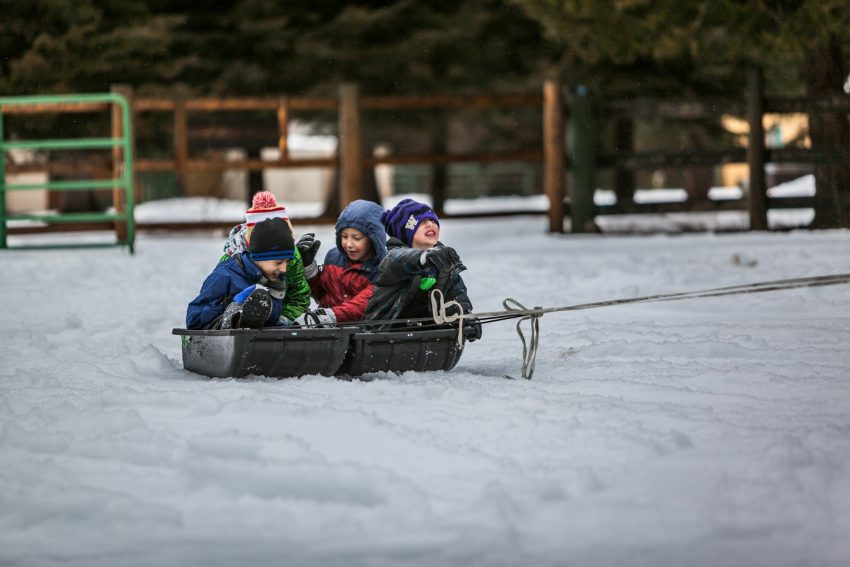As winter approaches, ensuring that children are prepared for the cold weather is crucial for their health, comfort, and enjoyment of the season. Here are effective strategies for getting kids ready for winter, covering everything from wardrobe essentials to health precautions.
1. Winter Wardrobe Essentials
Start by updating your child’s wardrobe with necessary winter gear. The key is to layer clothing to keep warm and allow for adjustments based on their activity level and the day’s weather.
- Base Layers: Opt for moisture-wicking fabrics like wool or synthetic fibers that keep moisture away from the skin. This is especially important for kids who will be playing in the snow.
- Insulation Layers: Fleece or wool sweaters and pants provide warmth. They should be easy to remove if your child feels too hot after playing or when indoors.
- Outer Layers: Waterproof and windproof jackets and pants are essential, especially for snowy days. Look for breathable materials in girls and boys coats to prevent overheating.
- Accessories: Don’t forget hats, gloves, scarves, and waterproof boots. Mittens are often better for younger children as they keep hands warmer than gloves. A snug-fitting hat that covers the ears is crucial since a lot of body heat is lost through the head.
2. Skin Care
Winter can be harsh on the skin, particularly for little ones. The cold air outside and the dry heat indoors can lead to chapped lips and dry, itchy skin.
- Moisturize: Use a child-friendly moisturizer to hydrate their skin. Applying it right after a bath can help lock in moisture.
- Sunscreen: Reflective snow can increase exposure to UV rays. Apply a broad-spectrum sunscreen to exposed skin, even on cloudy days.
- Lip Balm: Keep their lips protected with a gentle lip balm to prevent cracking and chapping.
3. Health Measures
Kids are more susceptible to colds and other respiratory illnesses during the winter. Boosting their immune system and taking preventive health measures can help.
- Flu Vaccine: Ensure that your child receives the flu vaccine. It’s the best defense against the flu virus, which can be particularly severe in children.
- Healthy Diet: Maintain a diet rich in fruits, vegetables, and whole grains to strengthen their immune system. Foods rich in Vitamin C and Zinc are particularly good for immunity.
- Hydration: Children may not feel as thirsty during colder weather, but staying hydrated is just as important in the winter. Encourage regular drinking of water or warm fluids like soups.
4. Winter Safety
Teach your children about winter safety to prevent accidents and injuries.
- Ice Safety: Educate them about the dangers of playing on ice without adult supervision, particularly on lakes or ponds, which can be deceptively dangerous.
- Snow Play: Ensure they know to come inside if they start feeling too cold or wet to prevent hypothermia and frostbite. Teach them safe ways to enjoy winter sports like sledding avoiding areas near roads or water.
5. Indoor Air Quality
With more time spent indoors, maintaining good air quality becomes important.
- Humidifiers: Consider using a humidifier to counteract the drying effect of indoor heaters.
- Ventilation: Ensure that your home is well-ventilated to minimize indoor pollutants and prevent mold growth, which can thrive in damp winter conditions.
By taking these steps, you can ensure that your children are well-prepared for winter, keeping them warm, healthy, and ready to enjoy everything the season has to offer.

